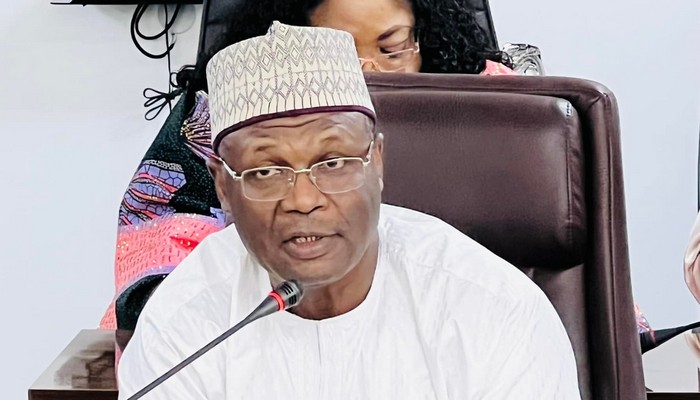
With growth proving too slow to outpace inflation, the World Bank has painted a grim picture of poverty, revealing that at least 129 million people are living below the national poverty line in Africa’s biggest economy.
Since May 2023, Nigeria has implemented significant reforms to stabilise its economy, resulting in modest growth, improved fiscal health, and rising foreign exchange reserves.
While these measures were necessary to urgently avert a fiscal crisis and place Nigeria on a stronger development path, they have imposed short-term pressures on households and businesses.
“Combined with population growth, this means that some 129 million Nigerians are living in poverty. This stark increase partly reflects Nigeria’s beleaguered growth record,” the World Bank said in its latest Nigeria Development Update report.
The Bretton Woods institution noted that the Real GDP per capita has not recovered to the level it was at prior to the oil price-induced recession in 2016.
“The COVID-19 pandemic compounded this drop-in economic activity. Moreover, growth is failing to outpace inflation: large increases in prices across almost all goods have diminished purchasing power,” the World Bank said.
It further noted that the structure of growth has not been conducive to poverty reduction as exports remain dependent on oil, total factor productivity has declined, and non-oil economic activity shifted from low-productivity agriculture to low-productivity services.
“Even when the economy was growing rapidly in the early 2010s, richer Nigerians benefited more than poorer Nigerians,” the World Bank said.
It added that around 90 percent of Nigeria’s exports are in oil, an industry where job creation is limited.
“Total factor productivity has also been in decline, while non-oil economic activity has shifted from low-productivity agriculture to low-productivity services – this links with the shift in employment from agriculture to services described below,” the World Bank said
It added, “Foreign direct investment, which can help drive job-creating innovation and overall investment, also remains low relative to the size of Nigeria’s economy and comparator countries”.






